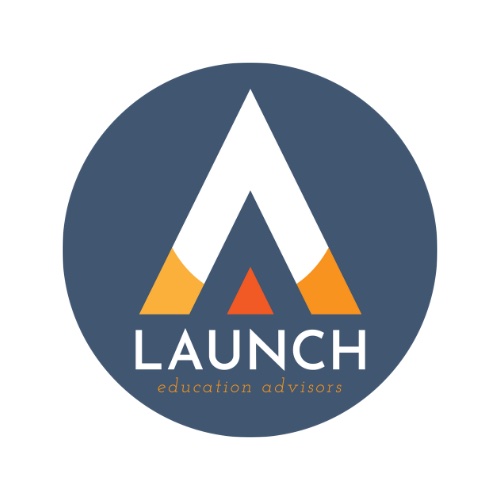Ongoing Plans for 16 Days Campaign
The 16 Days of Activism Against Gender-Based Violence Campaign has come and gone, and the Human Rights Team hopes that you had a chance to participate. If not, you still have plenty of time, as the Team is trying something new with a full year’s concentration on the 16 Days theme throughout 2019. Although the specific theme of this year’s Campaign is “End Gender-Based Violence in the World of Work,” the Team decided to focus not only on this specific topic but also on the roots of gender-based violence and possible remedies. We hope that this sustained focus through the various annual activities the Team supports will allow for groups and individuals to plan their participation more easily and to take a deeper dive into the subject matter.
The Team’s primary recommendation for the Campaign is to view two compelling films by The Representation Project and share them, in particular, with young people in their lives. Miss Representation addresses the message girls and women receive that their value lies in their youth, beauty, and sexuality and not in their capacity as leaders. The Mask You Live In focuses on how boys learn that their success is tied to dominance, power, and aggression. Check the website for guidelines on viewing the films.
If you watched one or both films during the Campaign, we encourage you to consider next steps, indicated below, that you can take to act on what you learned. If you weren’t able to watch the films, consider doing so in conjunction with one of the events detailed in the HR Team article on Upcoming Spring Events or whenever convenient. Regardless, if you have participated or do participate in any of these activities, please send a brief write-up and photos to . If you missed them, check out posts on the FAWCO/FAUSA Facebook pages for 16 days in January with resources related to the Campaign theme, or watch for a summary in February’s Global Issues Digest.
If you have viewed the films (or even if you haven’t), the next step is to educate young people about healthy relationships. Here are some tools for your use:
1. Read an excellent article from the September 2017 Human Rights Bulletin, Tips on Protecting Children from Sexual Assault and Harassment, by Karen Lewis, FAUSA, and Brooke Galloway, both affiliated with Pathways to Safety International.
2. Share resources from One Love Foundation, a leader in educating young people about healthy and unhealthy relationships and galvanizing them as leaders of change. One Love believes that by teaching young people to #LoveBetter and what healthy behaviors look like, they can change the statistics around abuse, sexual assault and harassment. Although the focus is on educating young people the materials are engaging and educational for any adult.
In particular, take a look at the Foundation’s App, which allows anyone to assess their own and others' relationships. And consider taking the Foundation’s virtual training to offer an Escalation Workshop, a powerful, film-based workshop that opens people’s eyes to the warning signs of relationship abuse. Also share this chilling but excellent 4-minute video about the way possessiveness in a relationship can be a warning sign of future abuse.
Many thanks to Karen Castellon, American Women's Club of Berlin, for this excellent resource.

